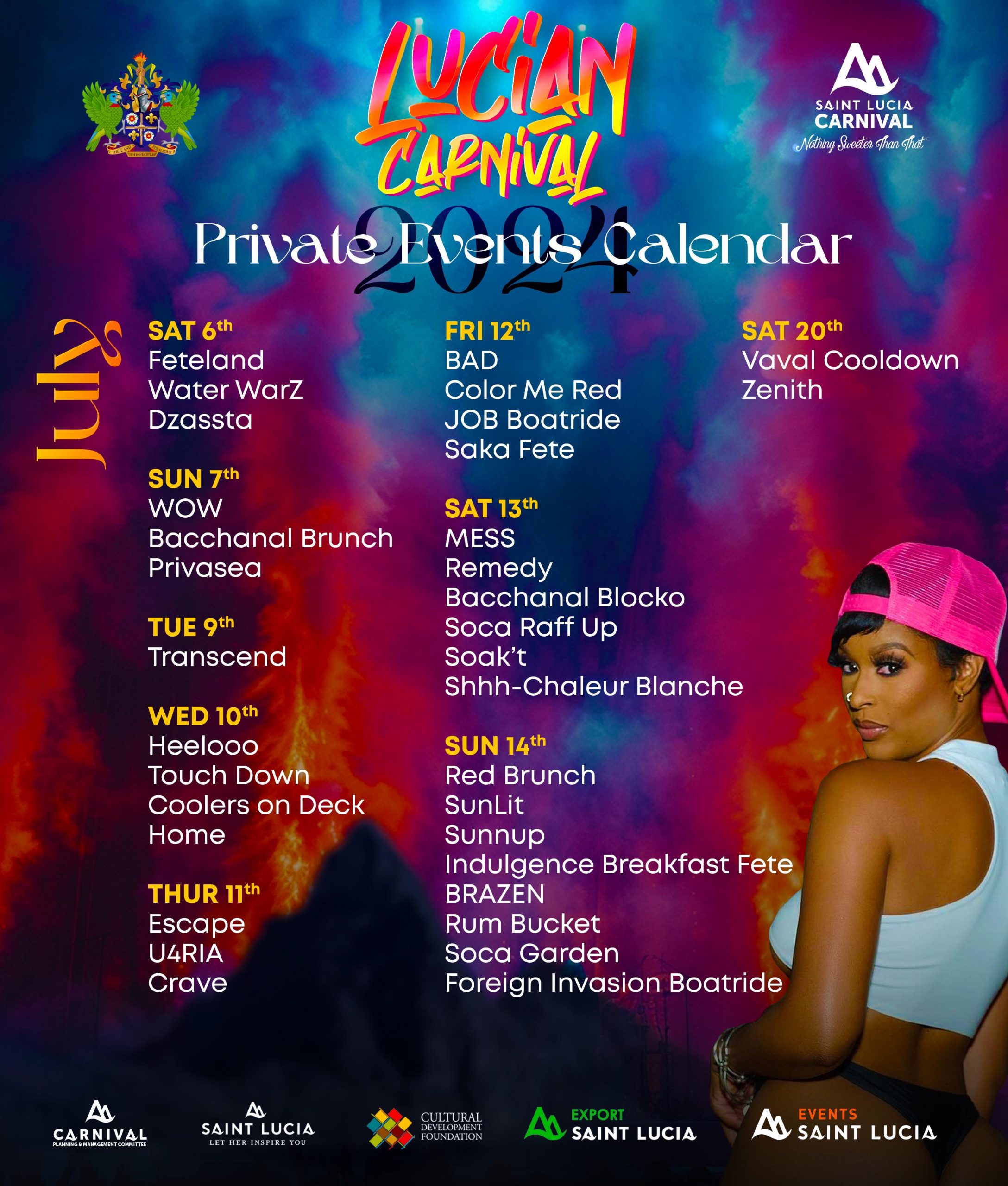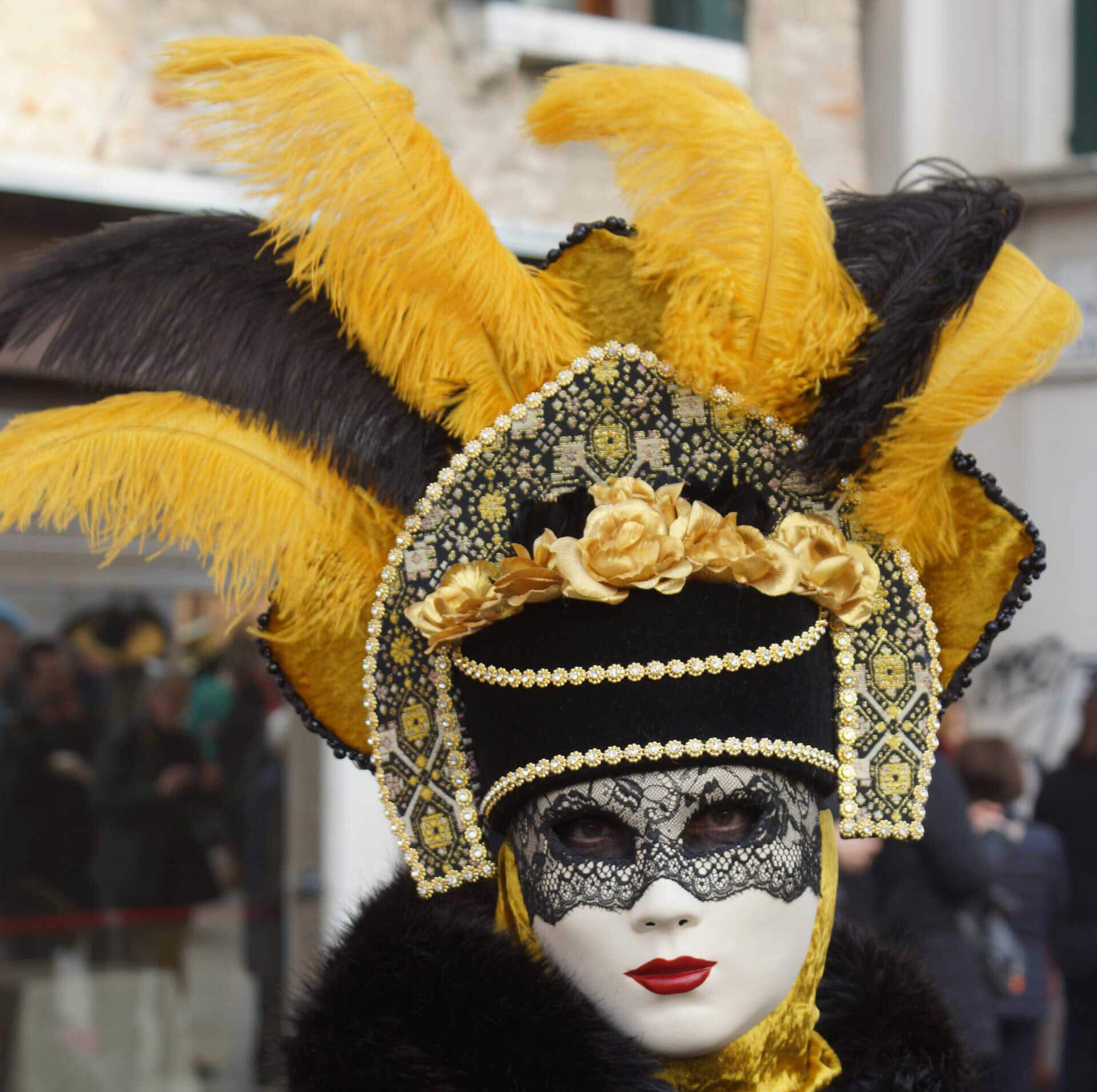Ultimate Guide To What A Carnival Means And Its Vibrant Celebrations
The word “carnival” evokes vivid images of colorful parades, joyous laughter, and an exhilarating blend of food, music, and entertainment. But what a carnival truly represents goes far beyond these surface-level descriptions. It is a cultural phenomenon, a celebration of life, and an outlet for communities to come together in jubilant harmony. From historical roots to modern-day spectacles, carnivals are a beautiful testament to humanity's love for festivity and expression.
A carnival is not just a singular event, but a blend of traditions, art forms, and social interactions that vary widely across the globe. Whether it’s the famous Rio Carnival in Brazil, the Notting Hill Carnival in London, or smaller town fairs, each carnival brings its own unique flavor and style. These events often feature parades, elaborate costumes, vibrant music, games, and an array of culinary delights, offering something for everyone to enjoy.
But what makes a carnival so special? The answer lies in its ability to foster a sense of unity and joy, transcending cultural and social barriers. Carnivals are more than just an escape from the mundane; they are an immersive experience that allows people to celebrate their heritage, connect with others, and create memories that last a lifetime. In this article, we’ll delve deep into the multifaceted world of carnivals, uncovering their history, cultural significance, and the elements that make them extraordinary.
Read also:Dj Pauly D Age A Deep Dive Into His Life And Career
Table of Contents
- What Is a Carnival?
- The History of Carnivals: Where Did It All Begin?
- Why Are Carnivals Culturally Significant?
- Key Elements of a Carnival
- What Are the Most Famous Carnivals in the World?
- How Can You Celebrate a Carnival?
- What Food and Drinks Are at a Carnival?
- What Makes Music and Entertainment Essential to Carnivals?
- Why Are Costumes and Parades So Important in Carnivals?
- Are Carnivals Family-Friendly?
- What Is the Economic Impact of Carnivals?
- Tips for Attending Your First Carnival
- Modern vs. Traditional: How Have Carnivals Evolved?
- Can Carnivals Go Virtual?
- Frequently Asked Questions About Carnivals
What Is a Carnival?
At its core, a carnival is a public celebration that often involves a mix of entertainment, parades, food, and games. But the meaning of "what a carnival" truly entails can differ greatly depending on the cultural and historical context. Traditionally, carnivals originated as pre-Lenten festivals, where communities would indulge in food and revelry before the solemn season of Lent. Over time, they evolved into more inclusive and diverse celebrations that transcended religious boundaries.
Today, carnivals are enjoyed worldwide and are often tied to specific cultural or national identities. They can range from grand, internationally recognized events to smaller, more localized festivities. Regardless of the scale, carnivals serve as a platform for artistic expression, cultural exchange, and pure enjoyment. From samba dancers in Brazil to stilt walkers in the Caribbean, a carnival brings a world of wonder to life.
The History of Carnivals: Where Did It All Begin?
The history of carnivals is as vibrant as the events themselves. The word “carnival” is derived from the Latin term “carne vale,” meaning “farewell to meat.” This reflects the festival’s early origins as a time to feast before the fasting period of Lent in Christian tradition. However, the roots of carnival celebrations go even deeper, tracing back to ancient Roman and Greek festivities dedicated to gods like Bacchus and Dionysus.
During medieval times, the concept of carnivals spread throughout Europe, evolving into elaborate events that featured masquerades, performances, and feasts. The colonization period saw the introduction of European carnival traditions to the Americas, where they merged with indigenous and African influences. This fusion gave rise to the colorful and rhythmic carnivals we see today, particularly in regions like the Caribbean and Latin America.
How Did Carnivals Spread Across the World?
The spread of carnivals can largely be attributed to migration and colonization. European settlers brought their traditions to the New World, where they blended with local customs and practices. Over time, carnivals took on unique forms in different regions, reflecting the cultural melting pots of those areas. For instance, Trinidad and Tobago’s carnival is heavily influenced by African heritage, while Venice’s carnival retains its European elegance.
What Role Did Religion Play in Early Carnivals?
Religion played a significant role in shaping the early framework of carnivals. In many Christian societies, carnivals were a way to indulge before the austerity of Lent. The Church initially supported these celebrations as a controlled outlet for excess, but over time, they grew into more secular and inclusive events. Despite this evolution, many carnivals still retain religious undertones, such as the Mardi Gras celebrations in New Orleans.
Read also:Taurus Man And Cheating Insights Into Loyalty And Relationships
Why Are Carnivals Culturally Significant?
Carnivals hold immense cultural significance, serving as a reflection of a community's heritage, values, and artistic expressions. They provide an opportunity for people to showcase their traditions, whether through music, dance, or culinary arts. Additionally, carnivals act as a unifying force, bringing together individuals from diverse backgrounds to celebrate a shared sense of joy and belonging.
How Do Carnivals Promote Cultural Exchange?
One of the most beautiful aspects of carnivals is their ability to foster cultural exchange. Through the fusion of different artistic styles, cuisines, and customs, carnivals create a platform for people to learn about and appreciate other cultures. For instance, the Notting Hill Carnival in London is a celebration of Caribbean culture but attracts participants and spectators from all over the world.
Why Are Carnivals Important for Community Building?
Beyond their entertainment value, carnivals play a crucial role in community building. They offer a space for individuals to connect, collaborate, and celebrate their shared identity. Whether it’s a small-town fair or a grand international event, the spirit of camaraderie and togetherness is at the heart of every carnival.
Key Elements of a Carnival
What makes a carnival truly unforgettable? The answer lies in its key elements:
- Parades: A carnival is incomplete without its grand parades, featuring floats, dancers, and performers.
- Costumes: Elaborate and often handmade, costumes are a staple of carnival celebrations.
- Music: From samba to steelpan, music sets the tone for the festivities.
- Food and Drinks: Carnivals are a feast for the senses, offering a wide array of local and international cuisines.
- Games and Rides: Carnivals often feature funfair attractions like Ferris wheels and games of skill.
What Are the Most Famous Carnivals in the World?
Some of the most renowned carnivals include:
- Rio Carnival (Brazil): Known as the "Greatest Show on Earth," this carnival is famous for its samba schools and parades.
- Venice Carnival (Italy): Renowned for its elegant masks and historical charm.
- Trinidad and Tobago Carnival: A vibrant celebration of Caribbean culture and music.
- Mardi Gras (USA): Held in New Orleans, this carnival is a mix of French and American traditions.
- Notting Hill Carnival (UK): A celebration of Caribbean culture in the heart of London.
Frequently Asked Questions About Carnivals
What is the origin of the word "carnival"?
The term "carnival" comes from the Latin "carne vale," meaning "farewell to meat," signifying the feasting period before Lent.
Are all carnivals religious in nature?
No, while many carnivals have religious origins, they have evolved to include secular and cultural celebrations.
What is the largest carnival in the world?
The Rio Carnival in Brazil holds the title for the largest carnival, attracting millions of participants annually.
Can children attend carnivals?
Yes, many carnivals are family-friendly, offering activities and attractions suitable for all ages.
Are costumes mandatory at carnivals?
Costumes are not mandatory but are highly encouraged as they add to the festive spirit.
How long do carnivals usually last?
Carnival durations vary, ranging from a single day to several weeks, depending on the location and tradition.
Conclusion
Carnivals are a vibrant celebration of life, culture, and community. From their historical roots to their modern-day iterations, they continue to captivate people across the globe. Whether you're a participant or a spectator, the magic of "what a carnival" truly lies in its ability to bring people together in a shared moment of joy and wonder. So, the next time you hear the word carnival, remember it’s more than just an event—it’s an experience!
Article Recommendations

